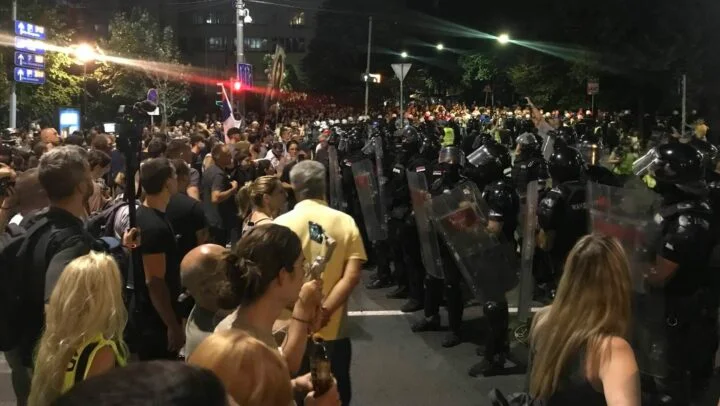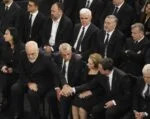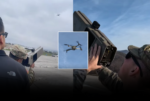Serbia marks one year of massive anti-government protests, led primarily by students, following the tragic death of 16 people in a concrete roof collapse at Novi Sad Railway Station on November 1, 2024. The protests, the largest in modern Serbian history, demand early elections and accountability from President Aleksandar Vučić and the ruling Serbian Progressive Party (SNS).
Demands for Early Elections and Accountability
Despite mounting public pressure, the government has refused to announce early elections, signaling only a possibility for elections in 2026 without a fixed date. Students and citizens alike insist that preterm elections are crucial for restoring democracy and addressing systemic corruption in Serbia.
“Political action is no longer the task of the political elite, but of all people,” says student Isidora Majkić from the Faculty of Mathematics in Belgrade, highlighting the movement’s growing popularity and grassroots nature.
Rising Tensions and State Repression
Historians and analysts describe Serbia’s political atmosphere as polarized, with Vučić and SNS representing the ruling power and the anti-government student movement leading the opposition. Over the past year, tensions have escalated, with authorities responding to protests with police cordons, tear gas, and arrests, while framing demonstrators as “blockers” and “anti-state elements.”
Historian Dragan Popović notes: “The current image of Serbia is that of a broken society, destroyed institutions, and a crumbling political system.”
International organizations, including the European Parliament and Freedom House, have condemned the erosion of democratic institutions, normalized violence, and systemic corruption under Vučić’s leadership.
The Student Movement and Civic Engagement
The student-led movement, initially apolitical and decentralized, has grown into a politically conscious grassroots force, organizing plenums and social media campaigns to engage citizens. Students have also prepared a protest election list, carefully vetting candidates based on expertise and credibility rather than political affiliation, emphasizing respect for the Constitution and rule of law.
“We refuse to address President Vučić because he is not competent to resolve our demands,” says Anja Despotović from the Faculty of Electrical Engineering in Belgrade.
The protests have expanded across universities and public spaces, with citizens demanding both legal and political accountability for the Novi Sad tragedy and for ongoing government corruption.
International Dynamics
Serbia’s government has attempted a diplomatic offensive, maintaining strong ties with Russia and China, while brushing off criticism from the European Union. Despite EU calls for democratic reform, only 33% of Serbians support EU membership, while confidence in Russia and China remains higher.
Popović observes: “The regime is losing control because it cannot respond effectively to the protests and societal resistance.”
Looking Ahead
After one year of protests, the political future remains uncertain. President Vučić has not set an exact election date, and the outcome of any potential elections is unpredictable. Meanwhile, the student-led movement continues to push for transparency, anti-corruption measures, and democratic reform, representing a broad societal demand for change in Serbia.







